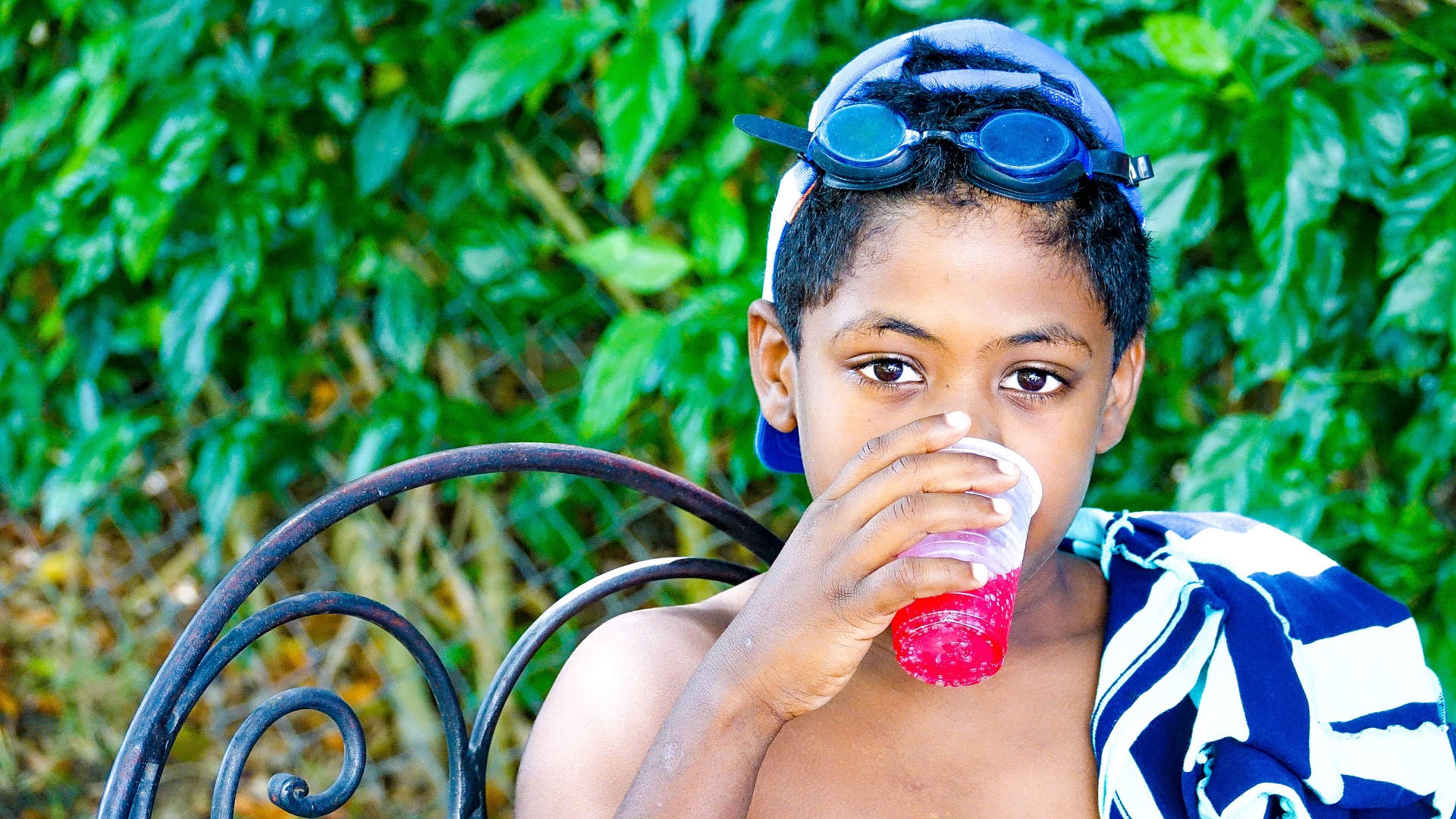News release
From:
What is the short-term impact of sugary drinks in the classroom?
A new study in Health Economics finds that sugary drinks impact behavior and math scores of preschool children.
In the study, investigators randomly assigned 462 children to receive sugary drinks or artificially sweetened drinks, and they collected data before and after consumption.
Consuming one sugary drink tended to induce an initial ‘relaxing’ effect for boys, before making them more restless. Girls’ behavior was not significantly affected.
Also, consuming one sugary drink seemed to have a negative effect on student achievement in math for boys and a positive effect for girls.
“Our study is the first to provide large-scale experimental evidence on the impact of sugary drinks on preschool children. The results clearly indicate a causal impact of sugary drinks on children's behavior and test scores,” said corresponding author Fritz Schiltz, PhD, of KU Leuven, in Belgium.
“The associated effects on in-class performance have major policy implications, as sugary drinks are still ubiquitously sold in schools and as the consumption of sugary drinks is typically higher among children from low-income households and among boys,” added co-author Kristof De Witte, a professor at KU Leuven.
URL Upon Publication: https://onlinelibrary.wiley.com/doi/10.1002/hec.4444



 International
International



